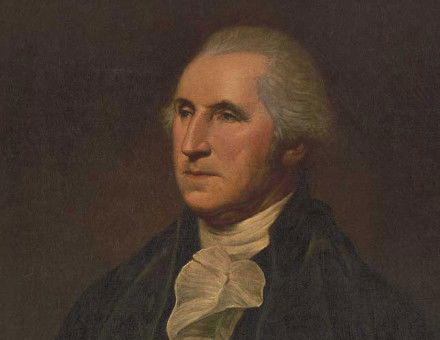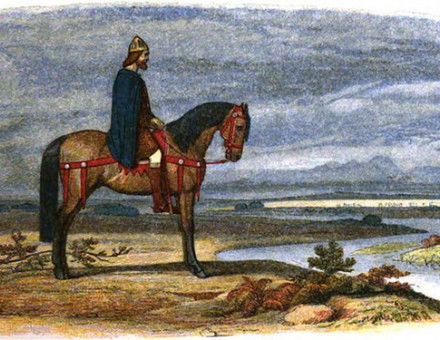Edward VI: A New Look at the King and his Reign
Jennifer Loach (whose work has been edited by George Bernard and Penry Williams) goes back to the original sources to show that, despite his image as a pious sickly child, Edward VI was very much his father's son.




